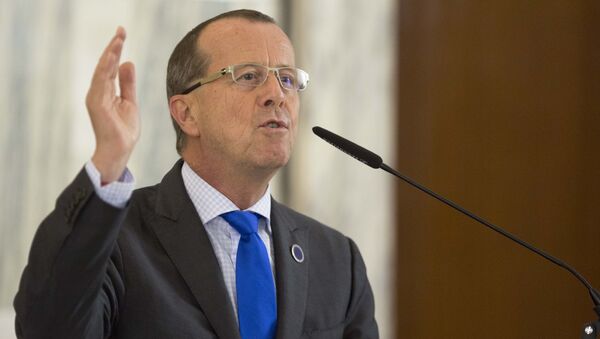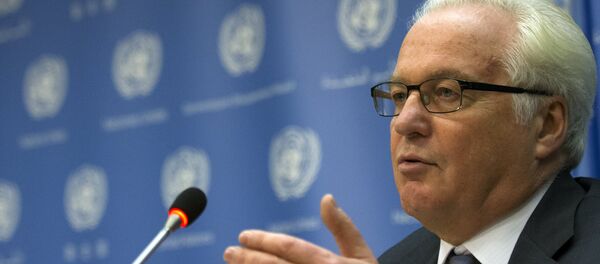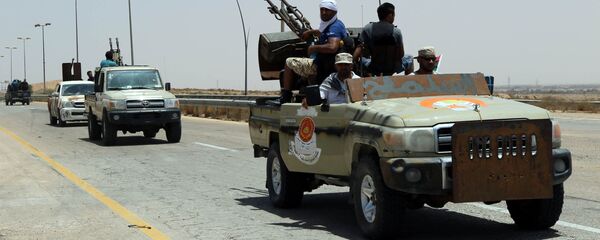"They can request exemptions from the weapons embargo to the fight against Daesh (ISIS/ISIL) and terrorism in the country. But this necessitates weapons; the whole country has a weapons embargo. And the weapons embargo has to be exempted, has to be lifted but only for those who really follow the Libyan political agreement and have a joint command structure with the regular Libyan united army, comprising elements of east, west and south," Kobler said in an interview.
The UN Security Council imposed the embargo on any arms sales to Libya in February 2011, when an armed uprising broke out against the country's long-time leader Muammar Gaddafi. Libya's Torbuk-based Council of Deputies, and later the government of National Accord, have repeatedly asked to lift the embargo for regular the armed forces commanded by Gen. Khalifa Haftar. The Security Council has so far refused the requests, while allowing exceptions on a case-by-case basis.
"The embargo has to be lifted by the Security Council. The Security Council must have the assurances that these are regular army units, who do not in the end sell the weapons to somebody else… so it must be monitored that they use the weapons for the purpose of fighting terrorism in the country," he said.
Libya has been in a state of civil war since 2011, when Gaddafi was overthrown after several months of civil war. The country was later contested by two rival governments — the internationally-recognized Council of Deputies and the Tripoli-based General National Congress.
On March 31, the long-anticipated UN-backed Government of National Accord in Libya started to perform its duties, but the outcome of the conflict has yet to be addressed. The government has so far failed to unite the country. Daesh, a militant jihadist organization which is outlawed in many countries, including Russia, also maintains a significant presence, especially in and around Gaddafi's hometown of Sirte.




